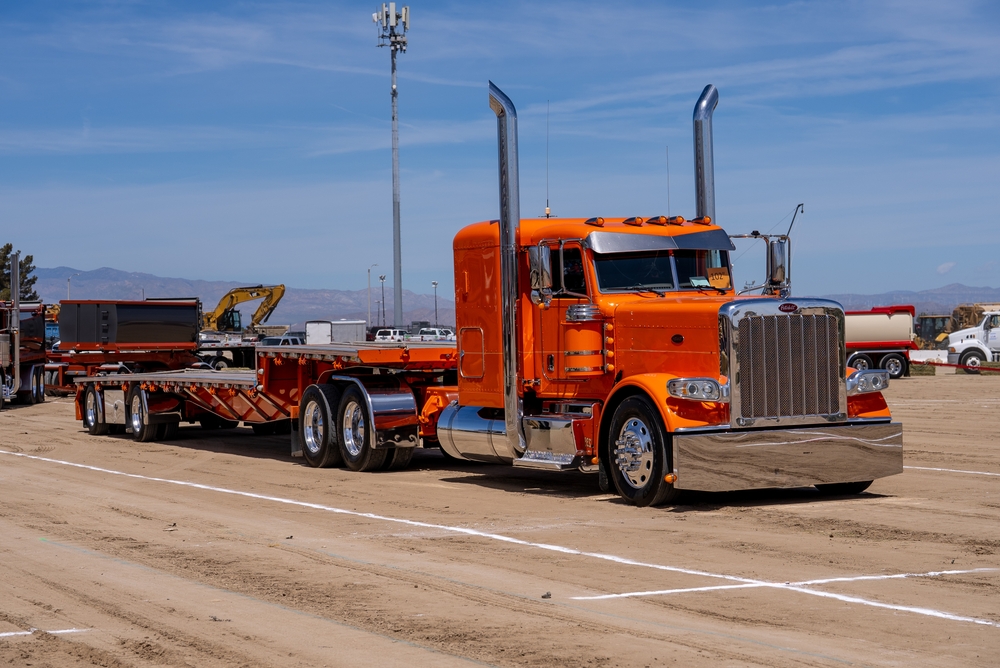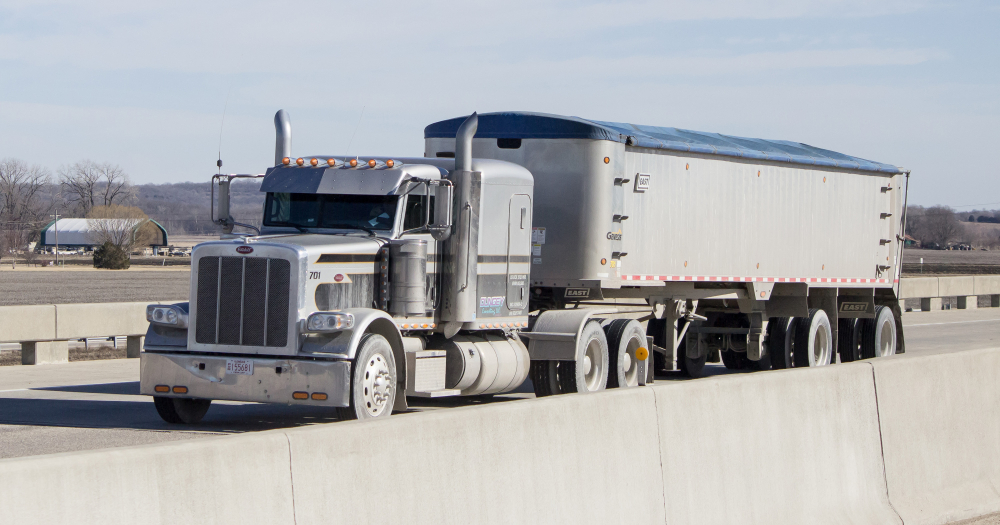
The Federal Motor Carrier Safety Administration’s (FMCSA) new emergency rule restricting non-domiciled commercial driver’s licenses (CDLs) has been temporarily halted. The U.S. Court of Appeals for the D.C. Circuit issued a stay on November 10, pausing the rule while legal challenges move forward. The decision provides temporary relief for thousands of legally authorized immigrant drivers who were at risk of losing their ability to work.
Why the FMCSA Rule Faced Immediate Pushback
FMCSA’s September rule limited non-domiciled CDLs and commercial learner’s permits (CLPs) to individuals holding H-2A, H-2B, or E-2 visas, excluding:
- Asylum seekers
- Refugees
- DACA recipients
- Other legally authorized workers
Key concerns raised by petitioners include:
- Roughly 200,000 commercial drivers would lose eligibility.
- Major employers like King County, Washington, rely on non-domiciled CDL holders for transit operations.
- The rule took effect without the required public notice and comment period, violating federal rulemaking procedures.
Two cases — Lujan v. FMCSA and King County v. FMCSA — argue that the rule unlawfully sidelines workers who are legally permitted to live and work in the United States.
Why FMCSA Enacted the Rule
FMCSA said the emergency rule was needed to:
- Ensure integrity in CDL issuance
- Address the inability to verify some applicants’ foreign driving histories
- Prevent last-minute surges in applications from drivers who would become ineligible
The agency claimed “good cause” to bypass the regulatory comment period.
However, critics argue the FMCSA exaggerated safety concerns and overstepped its authority.
What the Court’s Temporary Stay Means
According to regulatory expert Brandon Wiseman of Trucksafe:
- States may resume issuing and renewing non-domiciled CDLs under the previous rules unless they choose to follow the new rule voluntarily.
- Asylum seekers, refugees, and DACA recipients may again apply for or renew CDLs while litigation continues.
But the stay is not permanent — the court may extend it or reinstate the rule depending on upcoming decisions.
Meanwhile, FMCSA is keeping the public comment period open through Nov. 28, 2025, signaling it intends to finalize the policy regardless of legal battles.
Why Non-Domiciled CDLs Are Controversial
According to the American Trucking Associations (ATA):
- A non-domiciled CDL is issued to someone allowed to work in the U.S. but not permanently living in the state issuing the license.
- These licenses must meet the same stringent federal testing standards as all CDLs.
- Federal audits show some states have failed to meet those standards, prompting concerns about driver qualification.
California, in particular, is under intense scrutiny.
California’s Licensing Crisis and Federal Response
The FMCSA says California illegally issued 17,000 non-domiciled CDLs that failed federal requirements.
- These licenses will expire in 60 days unless corrected.
- FMCSA is demanding a full audit of California’s CDL issuance.
- The Department of Transportation has already withheld $40 million from the state over English proficiency compliance issues.
Transportation Secretary Sean Duffy accused the state of putting “dangerous foreign drivers” on the road — an allegation California disputes.
Legislative Efforts to Cement Restrictions
The Owner-Operator Independent Drivers Association (OOIDA) supports the rule and broader enforcement.
- OOIDA argues loopholes have allowed unsafe or unqualified drivers into the industry.
- Congressman David Rouzer (R-NC) introduced H.R. 5688, the Non-Domiciled CDL Integrity Act, to make FMCSA’s restrictions permanent.
Supporters say legislation is needed to protect the rule from being overturned by courts or future administrations.
Source:
https://www.truckinginfo.com/10250454/non-domiciled-cdl-restrictions-paused











Leave a Comment